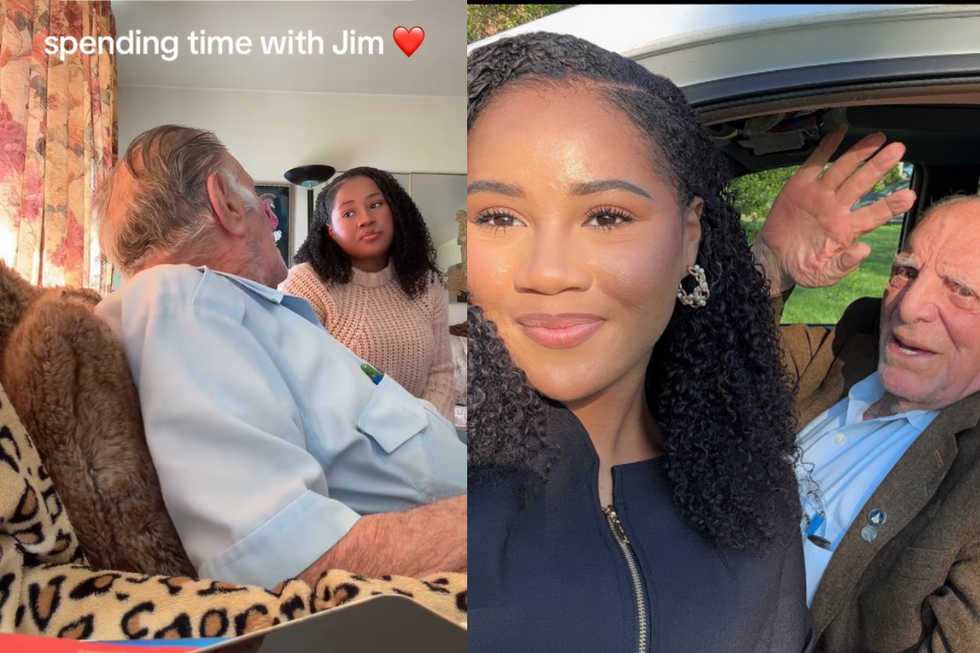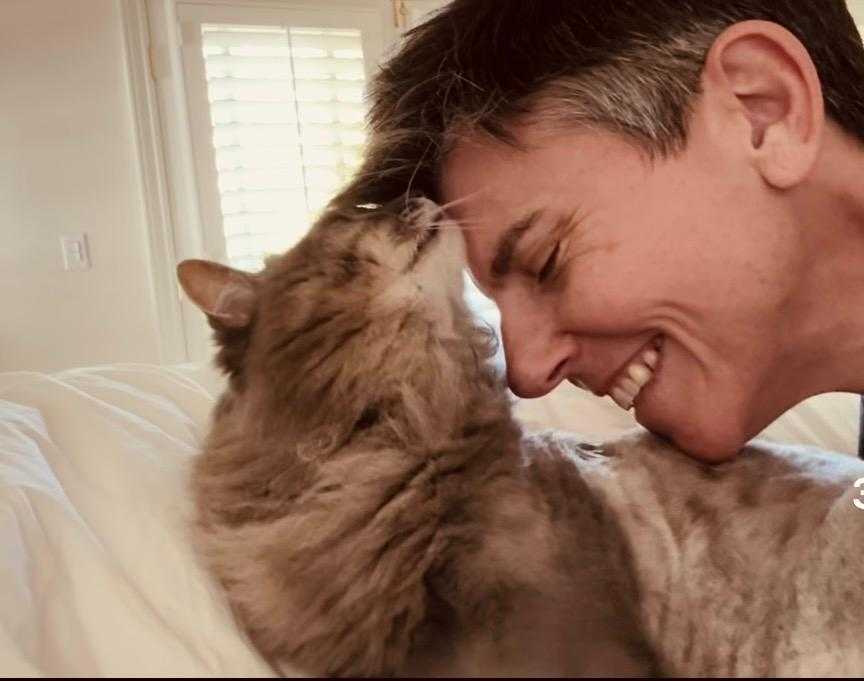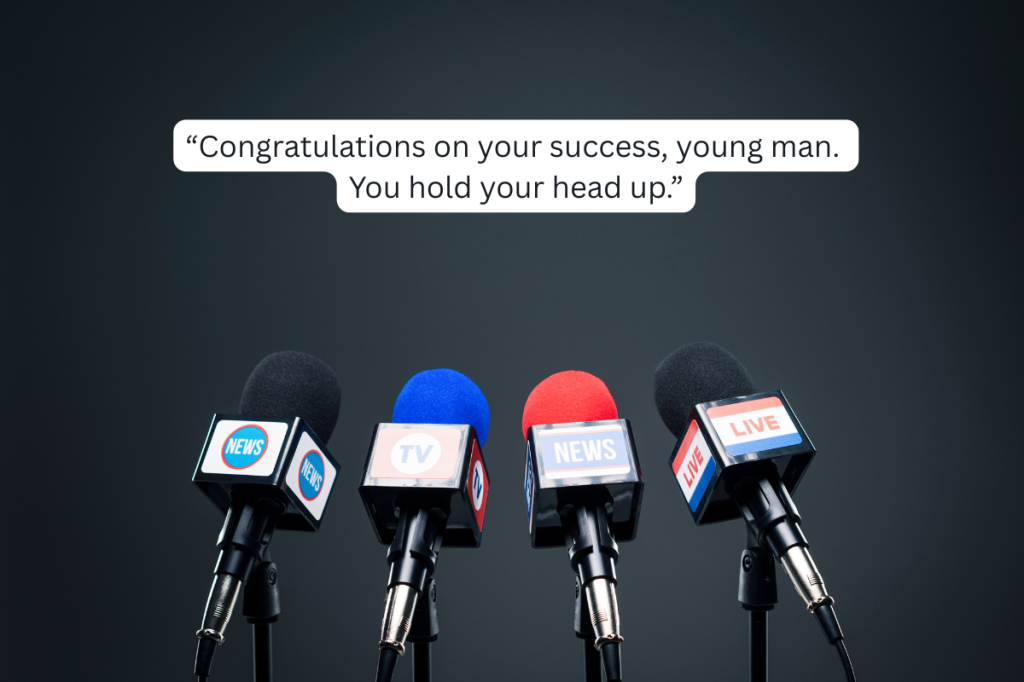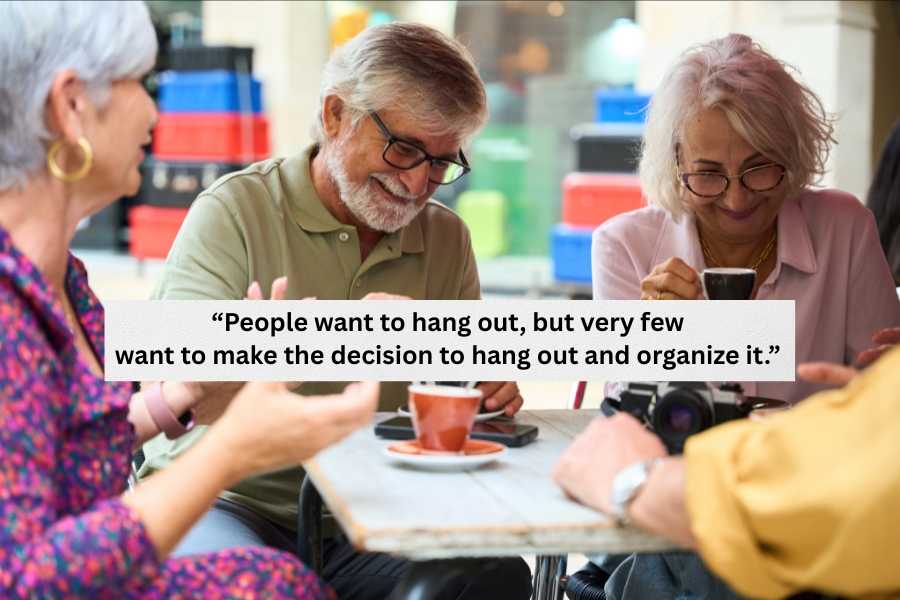The longer I’m alive, it seems the more people’s names that I have to remember. With two kids in school, sports, and other activities, I find myself trying to keep track of dozens of different friends, teammates, siblings, coaches, teachers, and of course, parents. It makes my brain hurt! Lately I’ve had half a mind to start a spreadsheet so I can start remembering Who’s Who.
In order for that to work, I’ve got to find a way to stop people’s names leaving my head immediately after I’m introduced. I know I’m not the only one who does this. It’s like people say their name and it just zips right into one ear and out the other! And for that, I went looking for tips when I stumbled upon a good one from a unique sort of expert.
Derren Brown is one of the most famous mentalists in the world, so he knows a thing or two about people. Mentalists are a special breed of magician that focus on tricks and illusions of the mind.
They do things like hynopsis, mind-reading, and impossible predictions. There’s trickery, involved, of course; but mentalists are also masters at reading people and have to employ advanced memory techniques to keep track of information they learn during their shows.
In an interview with Big Think, Brown revealed some of his favorite memory hacks; including his ‘party trick’ to never forget a person’s name.
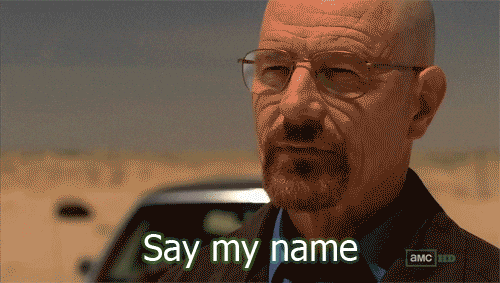
The secret is to create a link between the part of your brain that stores information like names, and the visual part of your brain that is more easily accessed.
“You find a link between the person’s name and something about their appearance, what they’re wearing, their face, their hair, something,” Brown says. “You find a link with something that they’re wearing so if they’re called Mike and they’ve got big black hair you think, ‘Oh that’s like a microphone’ so I can imagine like a big microphone walking around or if they’ve got a stripy T-shirt on you imagine a microphone with those stripes going around it.
“And it’s the same process later on in the evening you see them, you look at the stripes and you go, ‘Oh that’s Mike. Oh yeah that’s Mike. The hair, why am I thinking the hair is like a big microphone? Oh yes, of course, they’re called Mike.’”
Microphone Mike! Any sort of alliteration based on a physical characteristic will work. Stripey Steve, Tall Tim, Green Gene. The more interesting and unique, the better you’ll remember.
There is one catch with the technique: You have to actually listen and pay attention when someone tells you their name!
“So, you do have to listen that’s the first thing when they say the name,” Brown says. “Normally the very moment where someone is giving you their name you’re just caught up in a whole lot of social anxiety anyways you don’t even hear it, so you have to listen.”
Using someone’s name when you talk to them has tons of benefits. It conveys respect, friendliness, and intimacy. When you’re on the receiving end and someone you’ve just met uses your name, it just feels good! It feels like it matters to them that they met you.
“And then at the end [of the party] you get to go around and say goodbye to everybody by name and everyone thinks you’re very charming and clever,” Brown quips.
Listen to the entire, fascinating interview here.
Brown’s name-remembering technique is tangential to an ancient philosophy called the “Method of loci”.
The method involves attaching things to be remembered (numbers, tasks, facts) to specific places that are easy to visualize in your head. Imagine taking a brain-walk down the street you live on and all the objects or places you might see there. The mailbox, the gnarled tree, the rusty fire hydrant. This memory method asks you to visually associate one thing you want to remember with each item or location. The more strange and visual the image you can create, the better! Brown uses the example of trying to shove a sparkling-clean shirt into his mailbox, reminding him to do his drycleaning.
When you need to recall the item, you just take a little walk in your head down the street.
(Did you know that there’s a World Championship of Memory? Most of the best competitors use a version of this technique.)

The name hack isn’t so dissimilar. You’re attaching an intangible, abstract thing (a name) to a specific visual image you can see in your head and even in the real world. But that’s just one way of getting better at remembering names! There are all kinds of tips, hacks, and methods you can try.
Some people swear by repeating the name immediately after hearing it. “Hi, my name is Jake.” “Hi, Jake, nice to meet you!” (Just don’t say someone’s name too frequently or you risk coming off a bit slimy.)
Others use a technique similar to Brown’s loci idea, but instead of a visual, you lean on things that are already deeply engrained in your memory, like rhymes or free-association. or even celebrities. Mary – had a little lamb. Jake – the Snake. Daisy – flowers. Tom – Cruise.
Another trick (that I’ve definitely used before) if you do forget someone’s name? Introduce them to someone you know! “Hey, this is my wife, Sarah.” The person was almost always introduce themselves using their own name, and then you get a second chance at remembering it.
A lot of the best advice really comes down to being intentional about remembering when you’re introduced to a new person. Whatever mental gymnastics you choose to do with the name, the mere fact that you’re thinking about it with such focus immediately after is a big part of why these ‘tricks’ help names stick.
It feels really good when someone cares enough to remember your name, so it’s definitely worth putting in a little effort of trying to instill that feeling in others.
This article originally appeared in February












